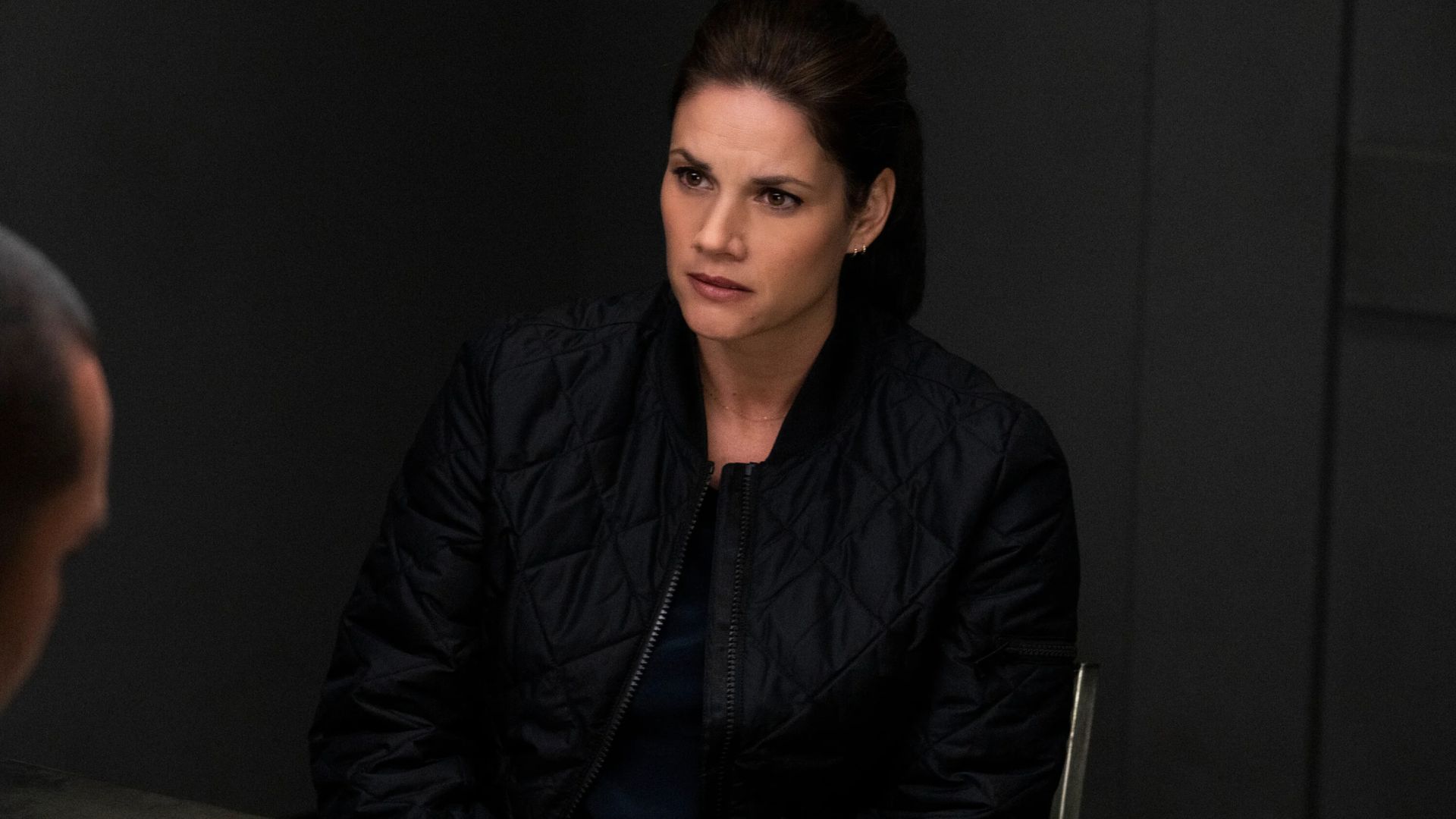
Since its premiere, FBI has not only kept viewers on the edge of their seats with its intense crime-solving drama but also with the emotional depth and growth of its characters. At the heart of the show are Special Agents Maggie Bell and Omar Adom “OA” Zidan, whose journeys have been as gripping as the cases they solve. This article delves into how Maggie and OA have evolved over the seasons, becoming central to the narrative’s emotional and moral complexities.
Maggie Bell: From Loss to Leadership
Maggie Bell’s introduction to viewers was marked by tragedy—the recent death of her husband, Jason, loomed over her every decision and interaction. This grief defined Maggie’s character early on, showing her as a dedicated agent whose personal pain subtly influenced her professional life. As the series progresses, however, Maggie’s character arc transitions from being defined by loss to one of leadership and renewal.
Initially, Maggie’s pain manifested as a quiet reserve, a caution in her relationships with colleagues and her approach to cases. Yet, this same grief became a source of strength, fueling her commitment to justice and helping others. Maggie’s journey is not just about overcoming loss but about transforming it into a form of leadership that is both compassionate and effective. She evolves into a figure of quiet strength, someone who leads by example, showing resilience in the face of personal and professional challenges.
This transformation makes Maggie not only a central figure in the team but also a role model for viewers, reflecting the complex realities of moving forward after profound loss. Her growth resonates deeply, particularly with those who have faced similar challenges, making her evolution both relatable and inspiring.

OA Zidan: Navigating Identity and Duty
OA Zidan’s story is one of duality—balancing his identity as a Muslim-American with his duties as an FBI agent. This internal conflict is a recurring theme throughout the series, providing a rich layer of complexity to his character. In the early seasons, OA is often seen grappling with the expectations of his community and the demands of his profession, particularly in cases that involve terrorism or cultural biases.
OA’s struggle is not just about external pressures but also about internal reconciliation. How does one stay true to their cultural and religious identity while upholding the rigorous demands of a role that sometimes conflicts with those values? This question is central to OA’s character development. Over time, OA grows from a man of divided loyalties into a more integrated individual, one who finds a way to honor both his heritage and his role as an agent.
This journey is marked by significant moments of tension and self-discovery, where OA must confront his fears, biases, and beliefs. His evolution is not just personal but also reflects broader societal issues, making his character a vehicle for exploring themes of identity, belonging, and justice in a multicultural society.

The Evolution of Their Partnership
The partnership between Maggie and OA is the emotional core of FBI. Their relationship started as one of mutual respect and professional necessity, but over time, it has deepened into a complex, layered connection. The tension between Maggie’s methodical, cautious approach and OA’s more instinct-driven style often creates conflict, but it’s this very conflict that strengthens their bond.
Initially, their differences highlighted the gaps in their partnership—Maggie’s emotional reserve sometimes clashed with OA’s passionate responses. However, as they faced numerous life-threatening situations and high-stakes cases, they learned to rely on each other’s strengths. Maggie’s steady, analytical mind complements OA’s quick, decisive actions, making them an effective and balanced team.
This evolution from professional colleagues to trusted partners reflects the show’s broader themes of trust, loyalty, and the complexities of human relationships under pressure. It’s in these moments of crisis that Maggie and OA’s partnership truly shines, showing how two very different people can come together to form a powerful and cohesive unit.

Impact on the Show’s Narrative
The character development of Maggie and OA has significantly shaped the narrative of FBI. Their personal growth is intricately tied to the show’s exploration of themes like justice, loyalty, and moral ambiguity. As Maggie and OA evolve, the show delves deeper into the ethical dilemmas faced by law enforcement officers, offering viewers a more nuanced understanding of what it means to serve and protect.
Maggie’s journey from grief to leadership and OA’s struggle with identity and duty are not just character arcs—they are central to the show’s narrative structure. These stories bring emotional depth to the series, making it more than just a procedural drama. They add layers of complexity to the plot, making the audience invest not just in the cases but in the characters themselves.
This deep emotional and moral engagement with the characters ensures that FBI remains compelling and relevant, drawing viewers into a world where the stakes are high not only in the field but also in the hearts and minds of its protagonists.
Conclusion: The Heart of FBI Lies in Its Characters’ Growth
Maggie Bell and OA Zidan’s evolution over the seasons of FBI has transformed them into two of the most compelling characters on television. Their personal and professional growth mirrors the challenges faced by real-life law enforcement, making their stories both relatable and impactful. As they continue to navigate the complexities of their roles, Maggie and OA anchor the series, offering viewers a powerful exploration of resilience, identity, and the enduring strength of human connection.

Leave a Reply